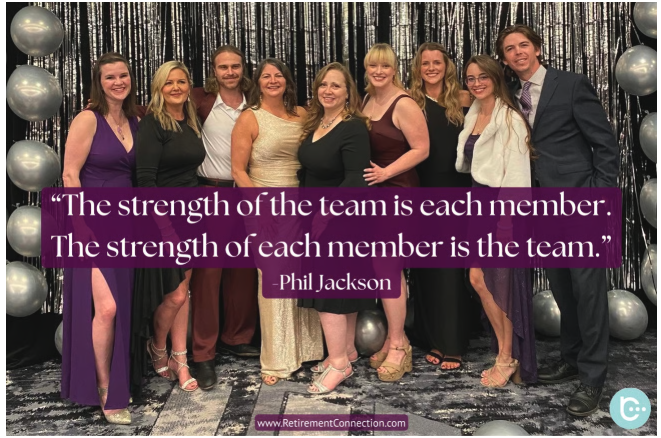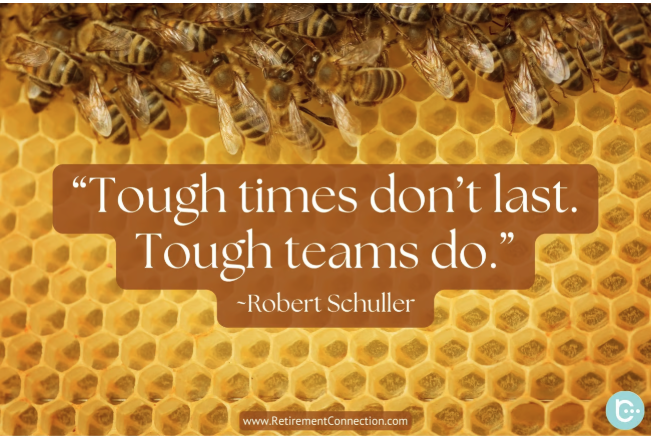Crafting a comprehensive and personalized in-home care plan is akin to creating a masterpiece. It requires a deep understanding of the individual, their unique needs, and their aspirations. A holistic care plan goes far beyond addressing medical and clinical needs. It is a work of heart, tailored to each Client’s specific preferences and lifestyle, creating a nurturing environment that fosters well-being and independence.
A Holistic Approach to Care
When developing an in-home care plan, it’s important to consider a range of factors that contribute to the overall well-being of our loved ones. These factors delve into their lifestyle, personal preferences, and emotional and mental health requirements. Here are some key areas to consider when creating a comprehensive care plan:
1. Meal and Taste Preferences
Understanding our loved ones’ dietary preferences and any restrictions they may have is crucial in ensuring they receive proper nutrition. This could include food temperature, taste, and texture preferences.
2. Environmental Allergies
Identifying and minimizing exposure to allergens in the home environment is essential for individuals with sensitivities. This includes ensuring proper ventilation, using allergen-proof bedding, and keeping the living space clean and dust-free.
3. Sensory Needs
Considering home temperature, sound levels, and lighting preferences can help create a comfortable living environment for our loved ones. Some may prefer a quieter setting, while others may enjoy listening to music, conversation, or sounds of nature.
4. Mental Health Needs
Incorporating activities that promote mental well-being, such as exposure to natural sunlight, listening to music, practicing meditation, or engaging in favorite hobbies, can greatly benefit our loved ones’ mental health.
5. Sleep Preferences
The care plan should consider factors such as bedtime routines, room temperature, amount of light/dark, and sleep environment.
6. Home Safety Concerns and Trip Hazards
Identifying and addressing potential safety hazards in the home, such as clutter, loose rugs, or poorly lit areas, is essential for preventing accidents and ensuring a safe living environment.
7. Companionship Needs
Acknowledging the importance of social interaction and companionship, incorporating activities like storytelling, looking through photo albums, playing games, crafting, or engaging in other shared activities can help combat loneliness and foster emotional well-being.
8. Emotional Needs
Recognizing and responding to our loved ones’ emotional needs, such as offering reassurance, appreciation, and affirmation, can significantly improve their overall emotional health and fulfillment.
9. Spiritual Needs
If our loved ones have spiritual or religious beliefs, incorporating practices that align with their faith can help provide comfort and support during challenging times.
Beyond the Basics: Tailoring Care to Individual Needs
While the foundational elements of a care plan are essential, the personalized touches truly make a difference. That said, also consider these additional factors when crafting a comprehensive plan:
Cultural and Linguistic Preferences: Respect, honor and celebration for cultural traditions is important, ensuring that the care plan is developed in a culturally sensitive manner. It is also essential to prioritize clear and effective communication, using appropriate translators or interpreters when needed to bridge language barriers.
Personal Interests and Hobbies: Incorporating a Client’s passions and interests into their daily routine can significantly enhance their quality of life. By understanding their hobbies, a care plan can facilitate meaningful activities and experiences that bring seniors joy and fulfillment.
Pet Companionship: Emphasize the importance of pets in senior citizens’ lives and strive to create a pet-friendly environment. Work closely to understand their pet’s needs and ensure their well-being is considered in the care plan.
Adaptive Functioning Support: Care plans can explore ways to leverage technology to enhance quality of life. This may include using assistive devices to improve mobility or communication, or facilitating virtual connections with loved ones through video calls.
Comprehensive Care Planning for A Life Well Lived
A commitment to create a personalized, robust care plan that reflects all aspects of aging in place is essential, as is collaboration and working closely with families and healthcare providers to gather detailed information.
Open communication and active listening are essential building blocks for every unique care plan. This holistic approach promotes not just physical well-being but also emotional and mental wellness, ensuring that Clients receive the support they need to thrive.
The Importance of Regular Reviews and Adjustments
Life circumstances can change. Care plans are living documents regularly reviewed and updated to ensure they meet the Client’s evolving needs. A collaborative approach involving open communication and active listening is essential for creating a truly effective, personalized care plan.
Personalized and Detail-Oriented Care
A well-crafted care plan is more than just a document; it’s a roadmap to a fulfilling and independent life. By addressing the holistic needs of our Clients, we empower them to thrive in their own homes. Our commitment to excellence and personalized care ensures that every Client receives the support they deserve to live their lives to the fullest.
By tailoring care plans to address not only medical needs but also emotional, social, and spiritual requirements, caregivers can provide holistic support that nurtures the overall well-being of their loved ones. This person-centered approach acknowledges the unique identity of each individual and empowers them to lead a fulfilling and enriched life in the comfort of their own homes.
A Growing Need for Care
An in-home care plan goes beyond enriched lives and increased well-being. 44% of in-home care recipients need help or assistance with at least one daily activity, with many of this 65+ group receiving nursing services, personal care, or therapeutic services. Establishing a care plan can further help this growing need by identifying health risks, providing peace of mind, addressing chronic needs, and maintaining a sense of independence.
Other In-Home Services
The Caring for Family of Companies also offers a variety of other in-home services that play a crucial role in strengthening and creating a comprehensive care plan. From meal preparation to medication management, transportation assistance, housekeeping, and companionship, each service is designed to address specific aspects of a Client’s daily life and support their unique needs.
By incorporating these services into a comprehensive care plan, Caring for Family of Companies ensures that every aspect of an individual’s well-being is taken care of, promoting a sense of security, comfort, and independence in the familiar surroundings of their own home. With this holistic approach, Clients can enjoy peace of mind knowing that their overall care is well-coordinated and tailored to their specific needs.
A Partnership for Success
The creation of an in-home care plan that addresses a wide range of needs, from medical and clinical to emotional, social, and spiritual, requires a personalized and detail-oriented approach. By focusing on the uniqueness of each individual and tailoring care plans to their specific requirements, we can provide the highest level of support and ensure that our loved ones are able to live comfortably and happily in their own homes. The dedication and personalized care provided by the Caring for Family of Companies exemplify the importance of creating a work of heart in caring for our loved ones.
Contact your nearest branch – whether you are seeking in home caregiving services in Beaverton, Portland, Clackamas, Eugene, Salem, Central Oregon, Bend, Astoria, or Hood River – to learn more about our personalized in-home care services and how we can create a care plan tailored to your loved one’s unique needs.
Article Provided By:
Caring for Family of Companies
www.caringforfamilyofcompanies.com








